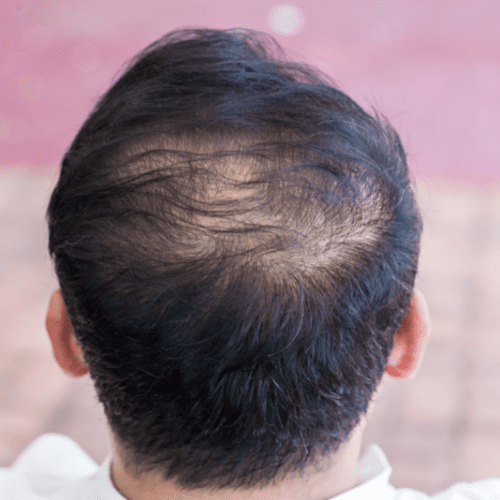As the global market for hair loss treatments continues to expand, many men find themselves seeking solutions to combat thinning hair and baldness. While the desire to restore hair is completely understandable, it is crucial to recognize that many popular treatments come with a range of side effects that are often overlooked. This article delves into the unforeseen consequences of hair loss treatments that men frequently ignore, emphasizing the importance of informed decision-making in navigating these options.
Understanding the Unforeseen Consequences: Common Side Effects of Hair Loss Treatments in Men
Hair loss treatments vary widely in their mechanisms and administration, from topical solutions like minoxidil to oral medications such as finasteride. Despite their effectiveness in stimulating hair regrowth, these treatments are not devoid of risks. For instance, minoxidil can cause scalp irritation, itching, and redness, which may lead to discomfort and discourage continued use. On the other hand, finasteride may lead to hormonal imbalances, resulting in side effects such as decreased libido, erectile dysfunction, or breast tenderness in some men.
Moreover, some men may also experience unexpected skin reactions from topical treatments, which can manifest as rashes or flaking. These reactions may not only be physically uncomfortable but could also lead to psychological distress, particularly if the individual feels self-conscious about the appearance of their scalps. Furthermore, the repercussions of hair loss treatments can extend beyond the individual, occasionally affecting personal relationships and self-esteem, which are critical components of mental health.
Additionally, certain hair transplant procedures, while often viewed as a permanent solution, come with their own set of complications. Risks associated with surgery can include infection, scarring, or unnatural-looking hair growth if the procedure is not performed correctly. Understanding these unforeseen consequences is essential for men contemplating hair loss treatments, as a comprehensive awareness of potential side effects can lead to more informed choices and better overall outcomes.
The Importance of Informed Decision-Making: Navigating the Risks of Hair Loss Solutions for Men
The decision to pursue hair loss treatment should not be taken lightly, and informed decision-making plays a crucial role in this process. Many men may inadvertently underestimate the side effects associated with various treatments, leading to a sense of complacency that can have detrimental consequences. It is vital to conduct thorough research and engage with healthcare professionals to ensure a full understanding of the potential risks involved. By doing so, men can better assess whether the benefits of hair restoration outweigh the possible side effects.
Consultation with a qualified healthcare provider can provide critical insights into individual health conditions or predispositions that may amplify the risk of side effects. For example, men with hormonal imbalances or pre-existing conditions may react differently to common treatments, making it essential to tailor options to fit one’s personal health profile. Furthermore, being open about any concerns or previous experiences with medications can help doctors recommend the most suitable treatments, minimizing the chance of adverse effects.
Ultimately, informed decision-making not only involves understanding the risks but also considering alternative solutions that may be less invasive or have a better side effect profile. Options like low-level laser therapy or natural supplements may present fewer health risks while still offering viable solutions for hair restoration. By prioritizing both the effectiveness of hair loss treatments and their potential side effects, men can make educated choices that promote their overall health and well-being.
In conclusion, while the pursuit of hair restoration is a common concern for many men, it is imperative to remain vigilant about the potential side effects associated with various treatments. Understanding the unforeseen consequences and engaging in informed decision-making can significantly impact the success of hair loss solutions. By prioritizing health and well-being alongside aesthetic goals, men can navigate the complexities of hair loss treatments with greater confidence and assurance. Therefore, thorough research, open dialogue with healthcare professionals, and an awareness of one’s own health status should be fundamental components of any hair restoration strategy.




